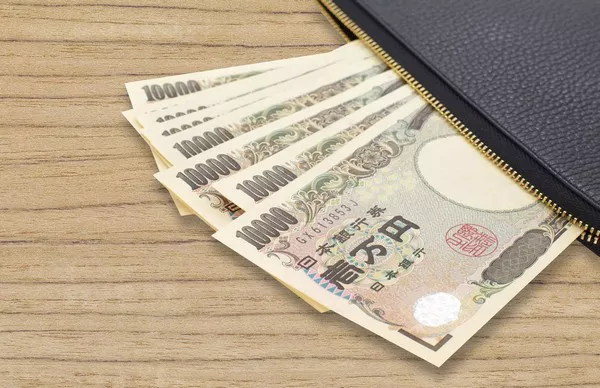The USD/JPY exchange rate is one of the most closely watched currency pairs in the world. It represents the exchange rate between the United States Dollar (USD) and the Japanese Yen (JPY). As an essential component of the global foreign exchange market, the USD/JPY exchange rate is influenced by a myriad of factors. Understanding these factors is crucial for traders, investors, and policymakers, as they impact international trade, financial markets, and global economic stability. In this article, we will explore the key factors that affect the USD/JPY exchange rate.
Interest Rates
Interest rates are among the most influential factors that affect the USD/JPY exchange rate. Central banks in both the United States and Japan set their respective interest rates, which have a significant impact on currency values. Higher interest rates generally attract foreign capital, leading to an appreciation of the domestic currency. Conversely, lower interest rates tend to result in depreciation.
In recent years, the U.S. Federal Reserve (the Fed) has been raising interest rates, thereby increasing the attractiveness of the USD to investors. Meanwhile, the Bank of Japan (BoJ) has maintained low or even negative interest rates, making the JPY less appealing. These divergent monetary policies have contributed to the strengthening of the USD relative to the JPY.
Economic Data
Economic data releases play a vital role in determining the direction of the USD/JPY exchange rate. Indicators such as Gross Domestic Product (GDP), employment figures, inflation rates, and consumer sentiment reports provide insight into the economic health of both countries. Strong economic performance in the United States often results in a stronger USD, while positive economic data in Japan can boost the JPY.
For example, if the U.S. reports strong GDP growth and a low unemployment rate, it can lead to expectations of higher interest rates, thus driving demand for the USD. Conversely, robust economic data in Japan, such as an increase in exports or an uptick in consumer spending, can lead to a stronger JPY.
Trade Balances
Trade balances are another crucial factor influencing the USD/JPY exchange rate. The trade balance is the difference between the value of exports and imports in a given country. When a country exports more than it imports, it generally leads to a trade surplus, which can contribute to an appreciation of the domestic currency. Conversely, a trade deficit can lead to currency depreciation.
Historically, the United States has experienced trade deficits, with Japan being one of the major trading partners. A persistent trade deficit can put downward pressure on the USD as it suggests an increased demand for foreign currencies, including the JPY.
Political and Geopolitical Factors
Political and geopolitical developments can have a substantial impact on the USD/JPY exchange rate. Political stability, changes in leadership, and government policies can influence investor sentiment and confidence in a country’s currency. Geopolitical events, such as international conflicts, trade tensions, and diplomatic relations, can also create uncertainty in the financial markets.
For instance, when there are political uncertainties or conflicts in the United States, it can lead to a flight to safety, with investors seeking refuge in safe-haven currencies like the JPY. Conversely, geopolitical tensions involving Japan may lead to a depreciation of the JPY as investors seek more stable assets.
Market Sentiment and Risk Appetite
Market sentiment and risk appetite can significantly affect the USD/JPY exchange rate. Investors often assess their appetite for risk when making investment decisions. During periods of increased risk aversion, they tend to favor safe-haven currencies like the JPY, which can lead to a stronger yen. Conversely, when risk appetite is high, investors may seek higher-yielding assets, leading to an appreciation of the USD.
Events such as global economic downturns, financial crises, and stock market volatility can lead to increased risk aversion and drive investors towards the JPY. On the other hand, positive economic news and a bullish stock market can boost risk appetite and result in a stronger USD.
Central Bank Policies
The monetary policies of the central banks in the United States and Japan have a direct impact on the USD/JPY exchange rate. The Federal Reserve and the Bank of Japan use various tools, including interest rate adjustments, quantitative easing, and forward guidance, to influence economic conditions and currency values.
When the Fed adopts a hawkish stance, indicating that it may raise interest rates in the future, it can boost the USD’s value. Conversely, a dovish stance, with the indication of lower interest rates or continued stimulus, can lead to USD depreciation. Similarly, the BoJ’s monetary policy decisions can influence the JPY’s value.


